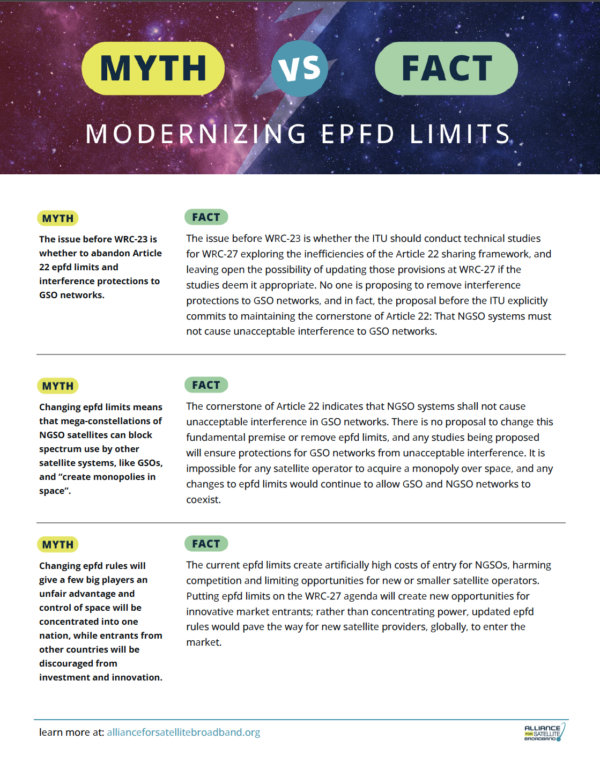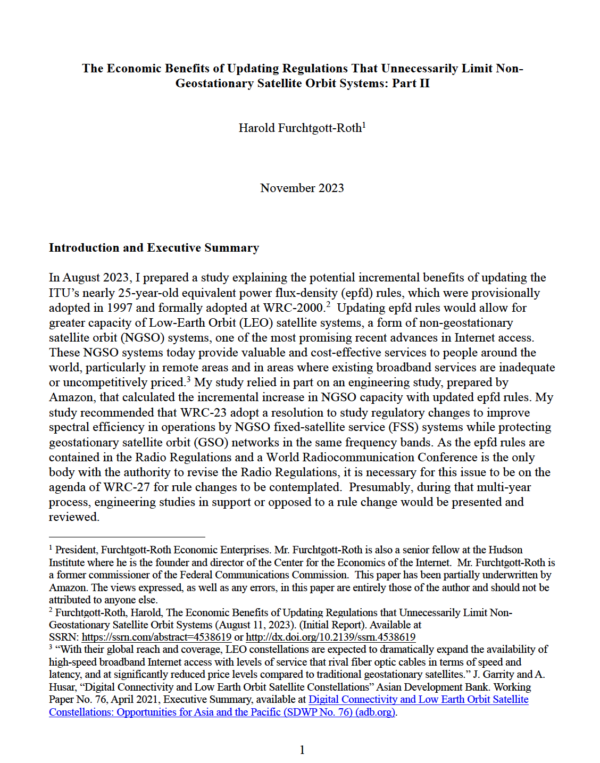Alliance for Satellite Broadband Statement on EPFD Decision at WRC-23
“The Alliance for Satellite Broadband is pleased with the decision at this year’s World Radio Conference to officially invite studies of epfd limits and report the results to the next WRC in 2027. This is a win for innovation, enabling ITU members to evaluate the epfd limits in light of modern satellite systems and spectrum management techniques. International regulators have taken a vital step toward revisiting these outdated rules by committing to these studies.”







